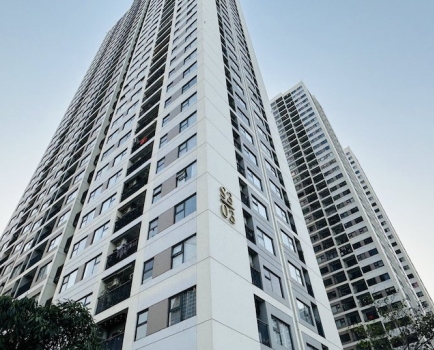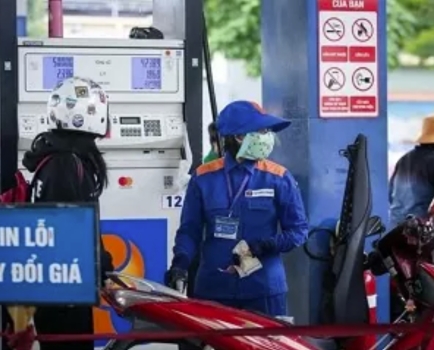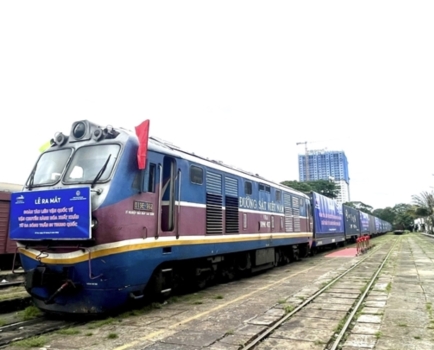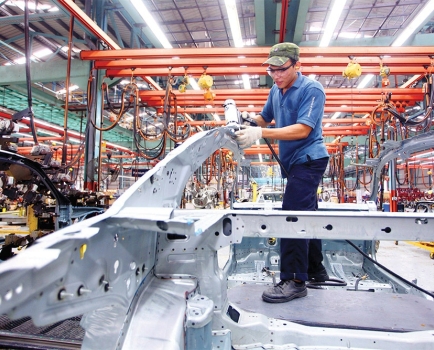HCMC earmarks $7 million to fight illegal sand mining
Sun, 09 Jun 2019 20:18:00 | Print | Email Share:
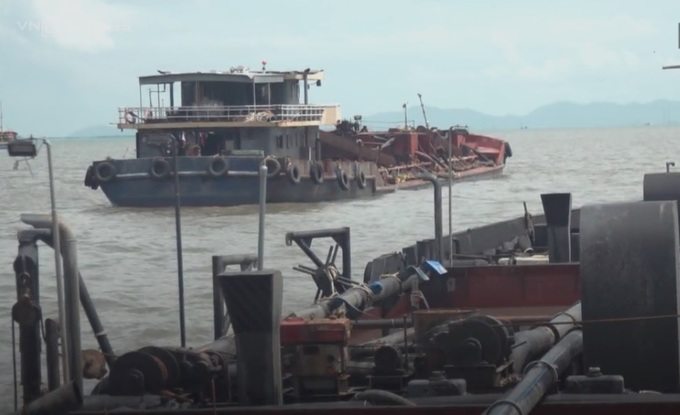
in the sea areas off Can Gio District in October, 2018. Photo by VnExpress/Duc Thang
The southern metropolis will arm its border guards with hi-tech equipment worth VND165 billion ($7 million) to detect and deter illegal sand mining.
Ho Chi Minh City will set up two sentry posts along the coastal area off its outlying district of Can Gio and two others along the Dong Nai River in District 9.
The four posts will be equipped with hi-tech military shortwave radios as well as marine radar systems with Automatic Radar Plotting Aids (ARPA) function, which would help assess current situations and predict future developments. Marine obstruction lights, signal headlights, white-light warning lights, headlights for marine rescue and remote attack prevention, day and night long-range observation systems will also be part of the equipment.
The environment, transport and police departments have been asked to work together and support the border guards in fighting illegal sand mining.
At an April meeting, the city police sounded a high alert on illegal sand mining, saying it was threatening the environment and regional security, especially at the sea area in Can Gio District where HCMC shares a border with other provinces.
The major cause of illegal mining is a shortage of sand for building projects, it said.
The fight against illegal sand mining has proven difficult, as punishments are not enough of a deterrent and regulations are loose, law enforcement agencies say.
To Danh Ut, commander of the city’s border guards, suggested raising the fine for illegal sand mining, and to have different punishments for different amounts of sand stolen, instead of treating something as illegal sand mining only when more than 50 cubic meters are exploited.
Under current law, those exploiting over 50 cubic meters of sand illegally without using explosives are fined VND100-200 million ($4,200-8,500).
Law enforcement agencies have also said illegal exploitation of natural resources should be treated as property theft and subjected to criminal punishments.
Vietnam is not the only country suffering from illegal sand mining.
Global demand for sand and gravel, used extensively in construction, is about 50 billion tons or an average of 18 kg (40 lb) per person per day, according to a report published by the UN Environment Program (UNEP).
Extraction in rivers and beaches has increased pollution and flooding, lowered groundwater levels, hurt marine life, and exacerbated the occurrence and severity of landslides and drought, said the report released last month.
"We are spending our sand 'budget' faster than we can produce it responsibly," Joyce Msuya, UNEP's acting executive director, was quoted as saying in the report.
Current legal frameworks are not sufficient, and "sand mafias" comprising builders, businessmen and dealers in countries such as Cambodia, Vietnam, India, Kenya and Sierra Leone regularly flout existing laws, the UNEP report said.
By: Huu Nguyen/VnExpress
---------------------------------------------
Same category News :




